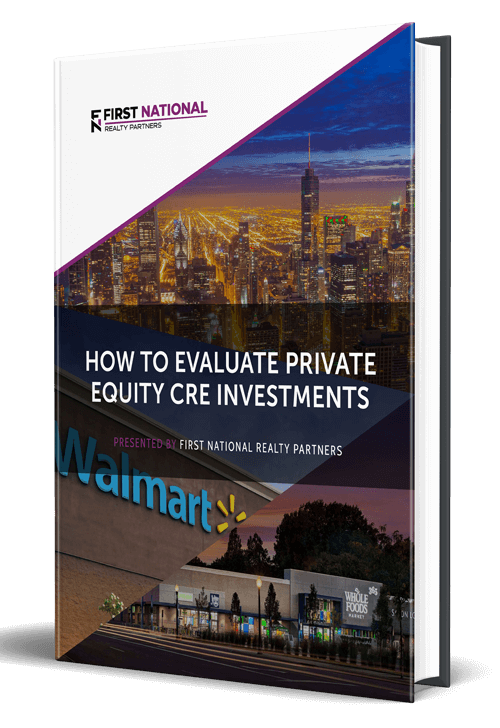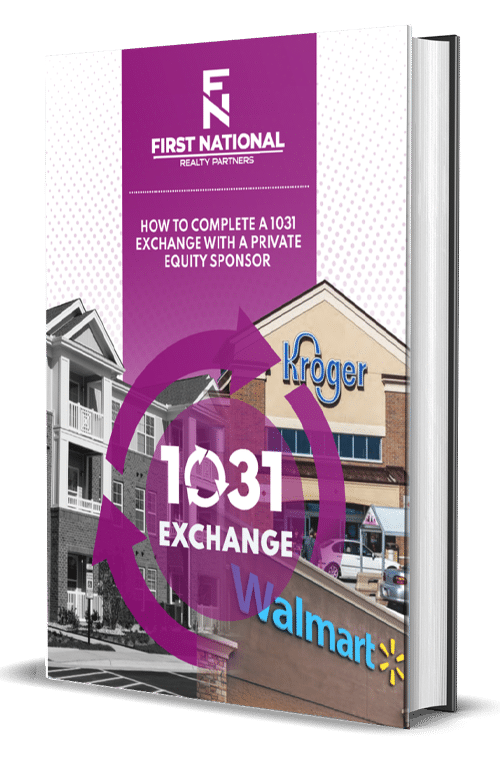On March 11th, 2020, the World Health Organization declared the novel coronavirus (COVID-19) outbreak to be a global pandemic. Since that time, the virus has spread rapidly throughout the world with devastating consequences. Tens of millions of people have been infected, more than 1 million have died, and entire industries have been turned on their head. The United States has been particularly hard hit with job losses and declines in economic activity not seen since the Great Depression of 1929.
The resulting economic fallout has impacted each industry differently. For example, it has been a major tailwind for e-commerce companies like Amazon, communication platforms like Slack, stay at home entertainment companies like Netflix, and cleaning supply companies like Clorox because they all happened to be in the right place to capitalize on the sudden demand for staying at home and working from home. Conversely, it has been calamitous for airlines, hotels, retail space, and restaurants as these have proven to be ways and places where the virus is easily transmitted.
The same kind of uneven impact has been felt in the commercial real estate sector.
How Have CRE Asset Classes Performed to Date?
Despite the doom and gloom associated with the economic consequences of the pandemic, there are some relative bright spots.
According to their report, “Covid-19 Implications for Commercial Real Estate” Deloitte provides a data set on the performance of REITs that invest in various Commercial Real Estate Asset classes. In the absence of property level data, REIT performance can act as a proxy for the CRE sector as a whole.
Per the data, the bright spots have been in Data Centers, Cell Phone Towers, and Industrial centers, which tracks with the overall theme that sectors who provide critical technology and logistics services have performed relatively well throughout the duration of the coronavirus pandemic.
To combat the spread of the novel coronavirus, public health strategies have focused on advising individuals to avoid the “three c’s”, closed spaces with poor ventilation, crowded places, and close contact situations. So, it follows that the asset classes that are unable to avoid one or all of the above have been impacted the most. From the chart, it can be seen that the retail and hotel sectors have been hit particularly hard as individuals are staying at home, ordering out, and implementing drastic reductions in their leisure travel.
Stronger companies in the retail and hotel sectors have the resources and experience to endure, but there have been a number of notable bankruptcies to date, including Dean & Deluca, J. Crew, Neiman Marcus, J.C. Penney, Pier 1, Hertz, Tuesday Morning, 24 Hour Fitness, Brooks Brothers, Lord & Taylor, Sizzler, and Ruby Tuesday. Other companies that are saddled with high levels of debt are sure to experience struggles and there are certain to be additional companies added to this list. These types of bankruptcies can be bad news for the real estate market in general and shopping center property owners specifically as they mean broken leases, rising vacancies, and in a worse case scenario, foreclosure.
So, the answer to the question posed by the headline in this article is clear, it appears that the retail and hotel/hospitality sectors face the strongest headwinds going forward.
So, What Happens Next?
The short answer is, nobody knows. There is a tremendous amount of uncertainty surrounding three major unknowns:
- When will a vaccine be approved by the Centers for Disease Control and how long will it take to ramp up production and distribute it widely? In addition, will it be accepted by a public that is skeptical of the accelerated timeline in which it was developed?
- How will the results of the 2020 election contribute to the resolution of the pandemic?
- Will the federal government provide more economic stimulus? If yes, what will it look like? Will it be targeted towards individuals or towards companies?
Whatever happens in the future is going to be heavily dependent on the answers to the above questions. However, there are a few points that experts generally agree on.
Economic Recovery
The same Deloitte Insights report lays out three cases for an economic recovery in 2021:
- If the caseload is mild, it is generally expected that US GDP will contract by 5% in 2020 and that the recovery can begin in earnest in the first half of 2021.
- However, if the case load takes a turn for the worse, the “harsh” scenario forecasts an 8% GDP contraction in 2020 and a recovery that won’t begin until the second half of 2021.
- In the worst case, “Severe” scenario, GDP is expected to contract by 10% in 2020, with the start of a recovery not expected until 2022.
Again, these estimates are heavily dependent upon the above questions, and there are a significant number of unknowns, but the start of the economic recovery will likely also signify the start of the CRE recovery. However, it is anticipated that some asset classes, like multifamily, and markets like New York/Manhattan will recover faster than others, like retail, office, and hospitality.
Remote Work and Services
Remote work, in some form, appears to have some staying power. In fact, some technology companies like Twitter and Microsoft and some financial services firms like Synchrony have announced plans that will allow some or all of their employees to work from home permanently. In all likelihood, it appears that many companies will move to some sort of remote hybrid model that provides employees with a significant amount of locational flexibility. As a result major companies could review their office building footprints and seek to reduce them or to shift away from large corporate campuses in major cities to a series of “hubs” nationally that their employees could report to on occasion. This shift could provide lower costs for the companies, but it could also have significant implications for the real estate industry in general in that the demand for office space could decline in major markets, but rise in secondary and tertiary markets.
This shift will also change the demand for commercial property support services like property management, space design, construction, appraisal and analytics as companies rethink their physical footprint.
Logistics and Distribution
It is expected that the number of retail stores who declare bankruptcy will continue to grow in the short-term and that some of them may never return to the marketplace. In their absence, the shift to online shopping will accelerate and increase the demand for warehouse/industrial/logistics space will increase, particularly in areas that are already linked to existing distribution networks near airports, train stations, and shipping ports.
Interested In Learning More?
First National Realty Partners is one of the country’s leading private equity commercial real estate investment firms. With an intentional focus on finding world-class, multi-tenanted assets well below intrinsic value, we utilize a value-add approach to create superior long-term, risk-adjusted returns for our investors while creating strong economic assets for the communities we invest in.
We are acutely aware of the impacts to the commercial real estate investment space and are actively working to position our portfolio and our resources to respond to shifting market dynamics and the opportunities that will result. To learn more about our investment opportunities, contact us at (800) 605-4966 or info@fnrpusa.com for more information.






